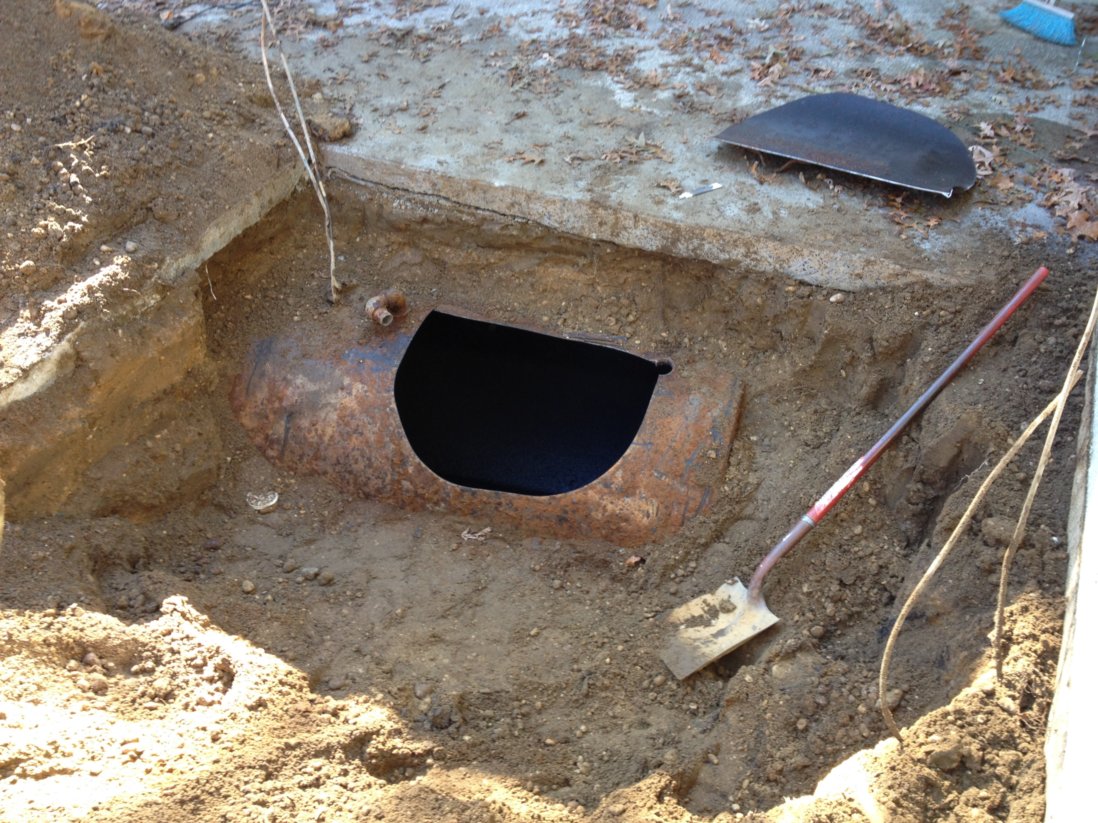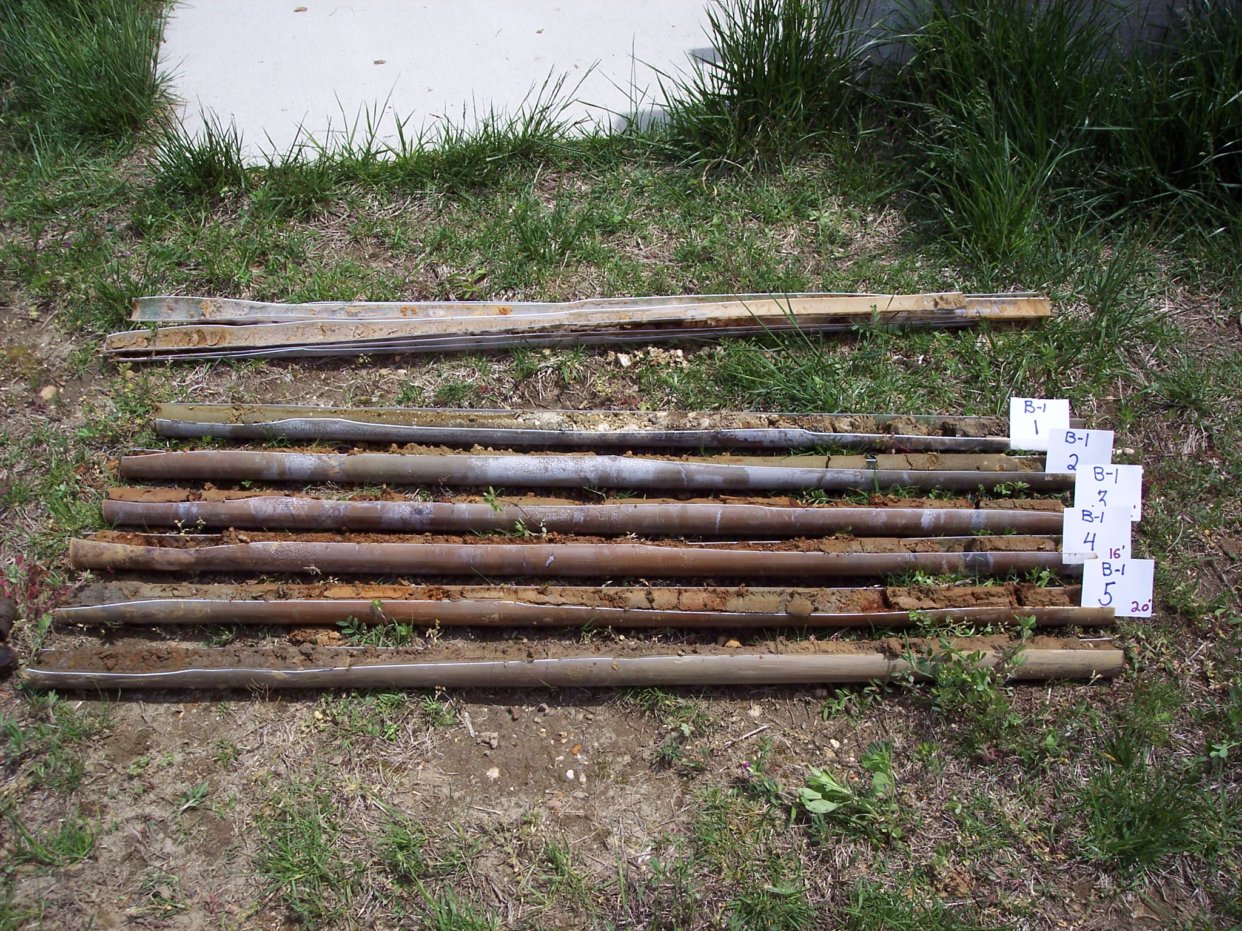You recently had your oil tank removed and there were holes in the tank. However, there are no indications of soil contamination but the company that removed the oil tank filed a report to the New Jersey Department of Environmental Protection (NJDEP). You are unaware that you may have been naïve in choosing your oil tank removal company due to the fact that removing an oil tank hopefully would be a once in a lifetime event. At this point, you understand that clearly your tank removal contract should have included soil sampling, but it did not. You are also unaware that soil sampling must be completed, then the report is sent to NJDEP to close out the case number (assuming that it meets the state parameters for acceptable oil levels) and rescind the remedial action.

Regarding what soil sampling is and how it is performed, there are permissible levels of oil that can remain in the ground and conversely there are levels that would require remediation. New Jersey regulations require that upon removal of an oil tank that has evidence of a leak, you are to obtain a minimum of 5 soil samples from the tank excavation (5 for a 500 gallon tank and 6 for a 1000 gallon tank). This is relative to your contract for tank removal. If the contract did not reference soil sampling, you can’t guarantee soil samples would be obtained. Soil samples are critical to assess the tank excavation for petroleum levels. The testing is meant to inform the property owner if indeed oil levels are present and remediation is warranted or that levels are within permissible limits and can be left in place. Now, you, as the owner of the oil tank that leaks can make an informed decision regarding remediation.
If your tank removal contract does not include costs for soil sampling or discusses the possibility of finding a tank leak, it is pretty safe to assume that the tank removal company is looking to find a leaking tank and remediation.
In a situation where a tank is removed, found to be leaking and no soil sampling was performed, you should be concerned as to whether the soil needs remediation. All discharges are required to be reported to the NJDEP (If your tank contract doesn’t inform you that a tank leak is reportable, think again about who you are hiring).

Example of soil testing by soil borings.
The only way you would know if your tank leak has petroleum contamination in the soil above or below NJDEP permissible limits is to have soil sampling performed. If all your samples are in compliance with NJDEP regulations you will receive a No Further Action (NFA) letter that will close out the NJDEP case number. This can be performed without having to perform actual remediation, which is typically soil removal.
Again, the tank removal contract should have addressed obtaining soil samples and what to do if a leak was noted. Remember, holes are never good in an oil tank and you rarely will see physical evidence of an oil discharge in a tank excavation, meaning you are not going to see oil or stained soils.
Expert advice with over two decades of tank removal experience. Curren Environmental, Inc.


